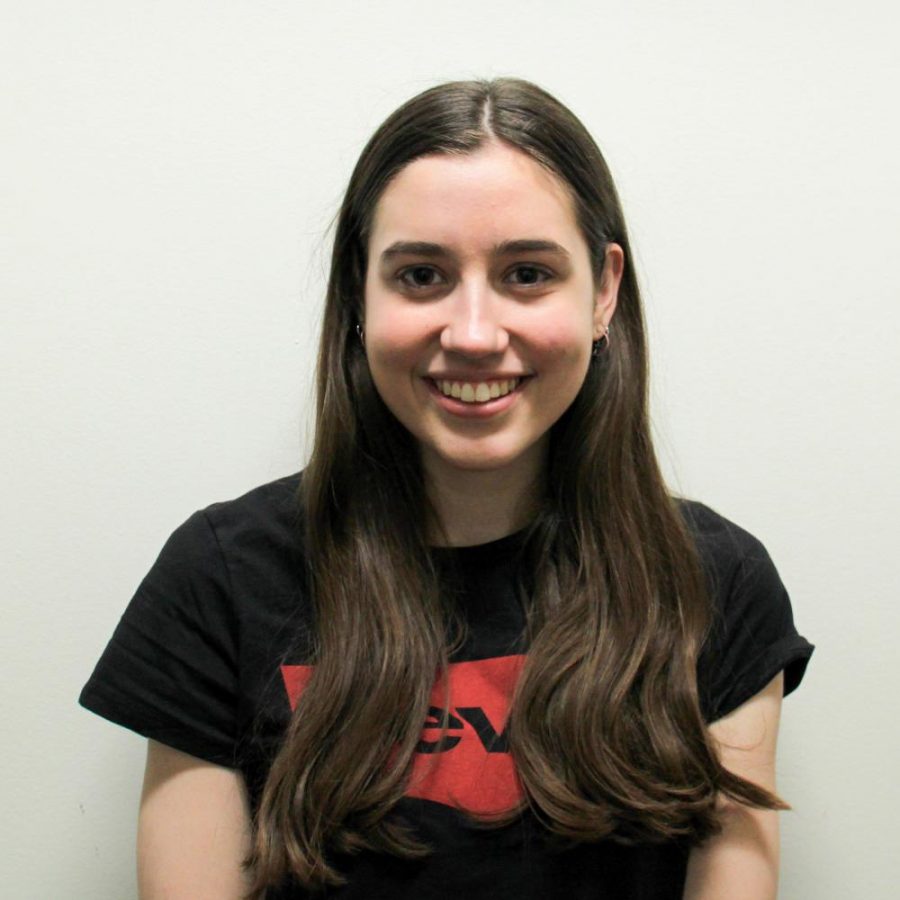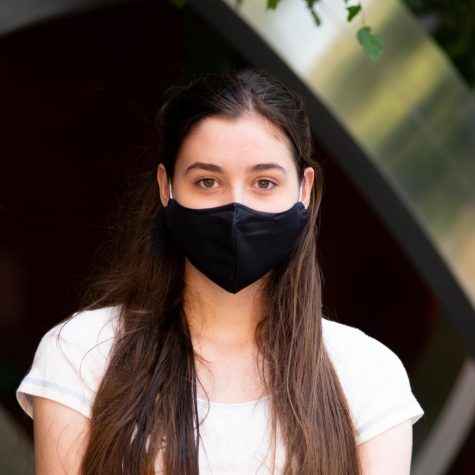It’s no secret that NYU prides itself on being a diverse and inclusive institution — each year, we hear that the incoming freshman class is the “most diverse” class in NYU history; one month into his role as University President, Andy Hamilton announced an affordability initiative to better support low-income students. In 2017, the New York Times named NYU the fourth most economically diverse college and praised the school for enrolling a high percentage of low- and middle-income students. Many students — such as myself — can only attend NYU because of scholarships they receive, and NYU claims to be proud to offer that assistance. —
But earlier this week, WSN reported that the universal syllabus created by the American Sign Language Program at Steinhardt for ASL I and II contains discriminatory language against low-income students, stating: “If you cannot afford the textbook and the DVD, then you cannot afford to take this class.” Although the chair of the department pledged to remove the language and the Associate Dean for Student Affairs at Steinhardt expressed regret over the language used, the fact that this language was initially approved for use in a program-wide document shows that a culture of classism persists at NYU.
When I enrolled in an ASL class at Steinhardt last semester I received the same syllabus stating that students who couldn’t afford to spend $100 on a new textbook with a DVD and online access code could not afford to take the class. Fortunately, one of my relatives was generous enough to help me afford the materials. But what if they hadn’t been able to help me? What about students who can’t afford to consistently buy groceries and other necessities, let alone textbooks?
Whether or not students have the means to purchase expensive materials should not bar them from taking coursework that they are interested in — or, in some cases, required to take. Telling students that their ability to take a class is dependent on their ability to purchase expensive materials — outside of already paying tuition and registration fees — not only discourages low-income students from pursuing their interests in the classroom, but implies that only those who have extra money to spend on textbooks deserve to take certain courses.
I’m glad that Steinhardt officials are addressing the language used on the syllabus, but it’s still upsetting that this clearly discriminatory language was approved in the first place. While I don’t expect every student at NYU to be respectful of my financial situation, I expect faculty members to create an environment inclusive to students from all financial backgrounds. Until I took ASL I and received the universal syllabus, I assumed that my professors would demonstrate at least a basic understanding of the fact that many students cannot afford to simply drop $100 on class materials. The ASL universal syllabus reveals that the culture of elitism at NYU infiltrates every aspect of the university, from administrators who raised tuition amid a pandemic to professors themselves.
There is something deeply isolating about reading a syllabus that directly discourages students who cannot afford to pay for a textbook from taking the course. While the professors and administrators who have taken an interest in me and offered assistance during my time here have made me feel supported, this feeling of security has been disrupted by unease since realizing that an entire program at a school that parades diversity and inclusion thought it was perfectly acceptable to discourage students who come from low-income backgrounds. I want to feel comfortable enough to ask for support if needed, but documents like this make me feel as though my financial situation and those of my classmates are directly tied to our worthiness to study here.
I desperately want NYU to be the institution it claims to be — one that offers opportunities and assistance to students who already face numerous obstacles obtaining their education. If I can’t find that from administrators, at the very least, I want to feel like I can trust my professors to not judge my worthiness to sit in their classrooms by my inability to spend $100 at a moment’s notice, after registering for a class that already costs over $6,000 in tuition and fees.
Steinhardt’s response to the syllabus inspires some optimism about the situation, but I also know that the impetus for genuine change rests upon administrators and professors educating themselves on classism and how to foster an inclusive environment for low-income students. It’s not enough for Steinhardt administrators to issue an apology over the syllabus — the University as a whole needs to take action to ensure that all professors follow through with taking steps to ensure that their classrooms are truly accessible to all students. Anything less goes directly against NYU’s pledge to foster an inclusive environment for all students.
Opinions expressed on the editorial pages are not necessarily those of WSN, and our publication of opinions is not an endorsement of them.
Email Helen Wajda at [email protected].
























































































































































